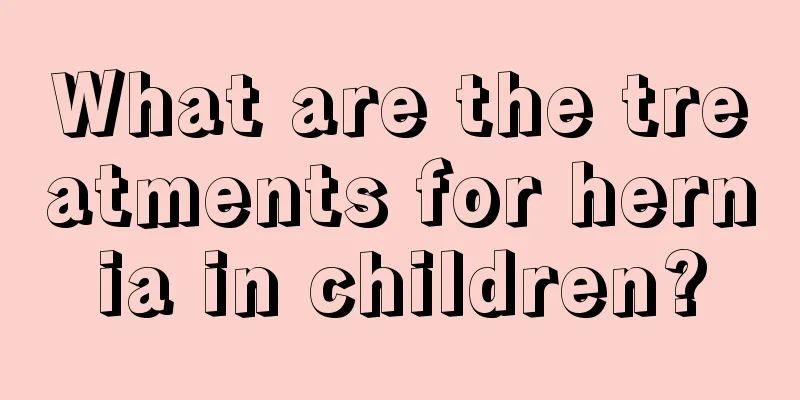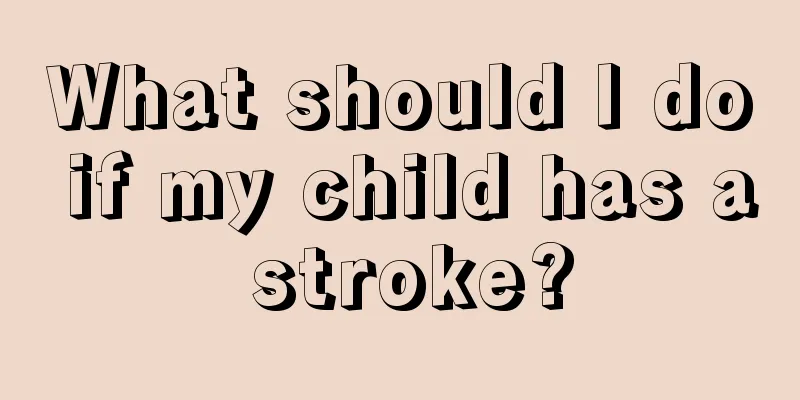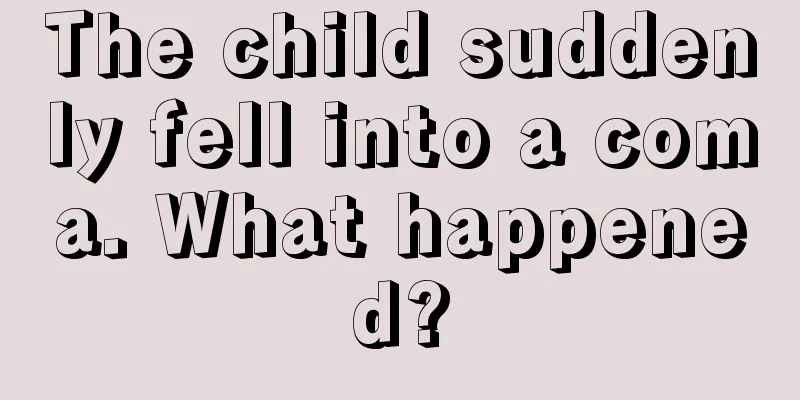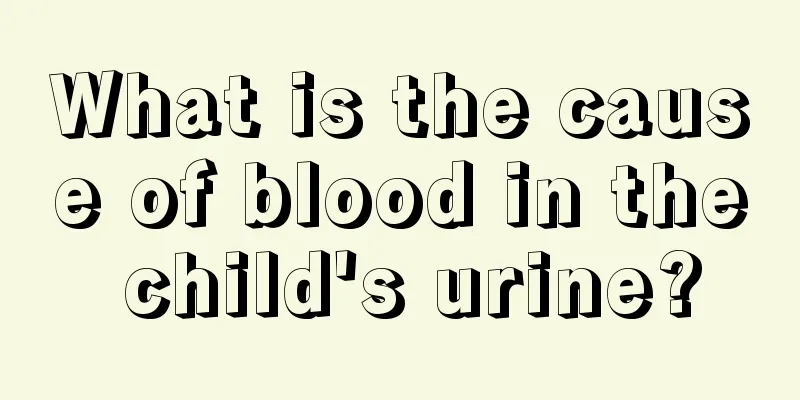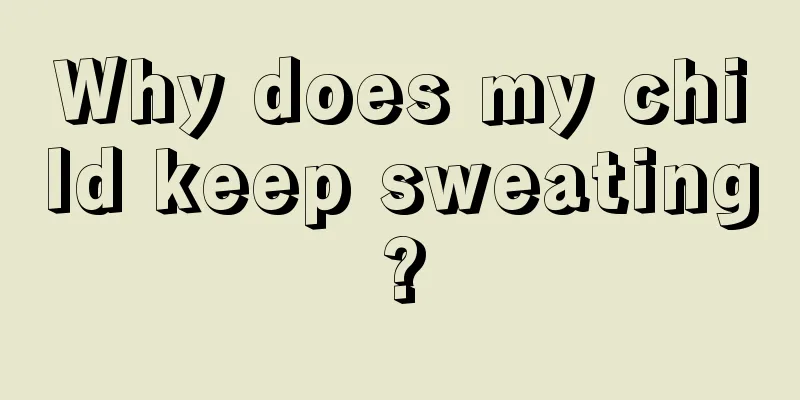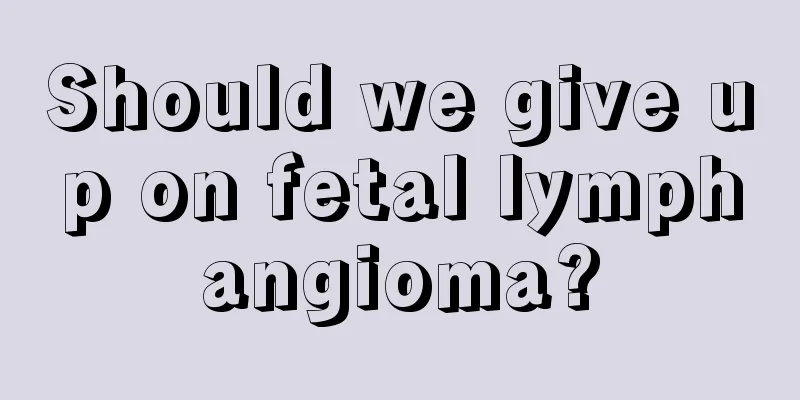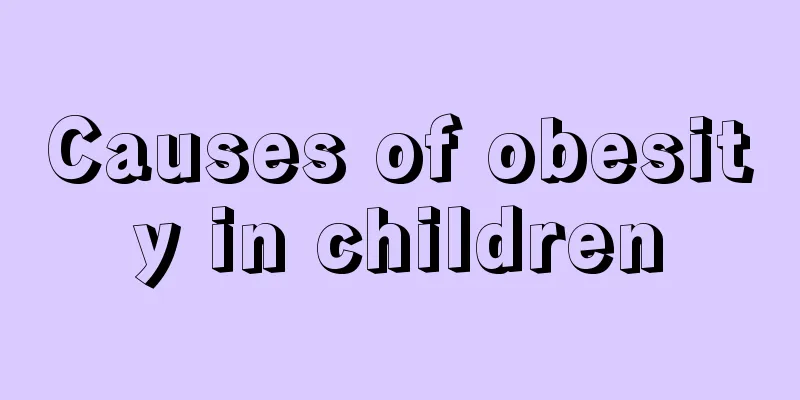What to do if children have repeated colds and fevers
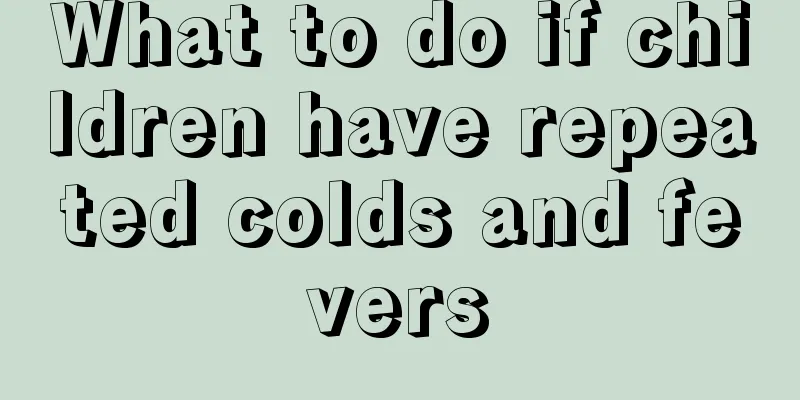
|
Children have relatively poor resistance when they are young and are more likely to get sick, which makes parents very worried, because sometimes children catch a cold due to being naughty or other reasons and then have repeated fevers that do not subside. What should we do at this time? What is the correct way to deal with it? Let me give you a detailed introduction to what to do when children have a cold and repeated fevers. Don’t worry, parents. I will tell you what to do at this time. As soon as a child has a fever, it is a taboo in medical treatment to use antipyretics immediately regardless of the reason. Fever is not all bad. First of all, fever is a signal that the child is sick. Secondly, fever is beneficial to mobilizing the child's immune function, which is beneficial to killing and eliminating bacteria and viruses, and promoting recovery from the disease. This is because after a fever occurs, the heart rate increases, and the heart rate increases by about 10-20 times for every degree Celsius increase in body temperature. The heart rate increases, blood circulation is vigorous, and the amount of blood flowing to the inflamed area increases. On the one hand, it can dilute the bacteria and the toxins they produce. On the other hand, the number of white blood cells also increases, which can not only directly destroy and engulf bacteria and viruses In addition, it can also produce an endogenous heat to produce antibodies that have the ability to kill bacteria or viruses, thereby promoting the improvement of the disease. At the same time, the iron in the blood is temporarily stored in the liver. Bacteria need iron more than humans. Once iron is deficient, bacteria will find it difficult to grow, thus achieving the purpose of eliminating bacteria. If you use too many antipyretics as soon as you have a fever, not only will the above series of changes be difficult to achieve, but it may also mask the condition and delay treatment. In addition, the symptoms become atypical after the fever subsides, which also makes diagnosis difficult. Therefore, when you have a fever, do not rush to reduce it before the diagnosis is confirmed. Only choose the corresponding antipyretic analgesic when one of the following situations occurs: the fever is too high (above 39 degrees), especially in children with high fever convulsions. Although the fever is not too high, there are obvious headaches, insomnia, impaired consciousness, which affect the child's rest; due to persistent fever, the heart and lung function has been endangered, or the high fever cannot be tolerated, etc., antipyretic analgesics may be used as appropriate. After a fever is confirmed, do not simply reduce the fever, and do not use too many medications to reduce the fever. Generally speaking, if the body temperature is below 38 degrees, there is no need to take antipyretics. Just drink plenty of water (small amounts and multiple times) and rest in bed. If the fever is above 38.5 degrees, you can use a wool patch soaked in cold water to place on the forehead, armpits, thighs and other parts of the child to cool down. Ice packs will be more effective. In case of high fever, give the child an appropriate dose of antipyretic medicine under the guidance of a doctor. Don't be in a hurry and use medicine indiscriminately. The above introduces some things you should do when children have repeated fevers due to colds. If your child has repeated fevers, it is best to go to the hospital to see a doctor. Never use medicine casually, as this will do more harm than good to the child's body. You should know that taking antipyretics when a child has a fever will make the child's body resistant to the drug, and it may also hide the child's true cause of the disease and delay treatment. |
<<: Causes of prolonged fever in children
>>: What to do if your child has a persistent fever
Recommend
Symptoms of amblyopia in babies
The health of a baby will largely affect the happ...
Reasons why babies spit bubbles from their mouths
When babies are young, they will have many little...
What is causing the humming sound in my baby's chest?
In daily life, parents will be very worried if th...
Diet therapy for children's respiratory diseases
Respiratory diseases are diseases that we often e...
What is the treatment for eczema in children?
Eczema is a skin disease that almost every child ...
How to prevent baby's red bottom, mothers can do this
It is very easy to prevent a baby's diaper ra...
Is it normal for children to have nosebleeds when they have a fever?
Children's physical resistance is very poor, ...
Why is my baby's lips shaking?
The younger the baby, the more attention we shoul...
What should children with poor eyesight eat?
Nowadays, many children suffer from myopia or hyp...
Treatment for a two-year-old baby who loves to sweat while sleeping
I don’t know if you have ever encountered a two-y...
What is the reason for the dry lips of a 3-year-old baby?
The body resistance of babies is very weak, so th...
Male baby's genital head is red and swollen
The main difference between boys and girls is the...
What should I do if my baby always has a fever?
Many parents will encounter this problem: their c...
What to do if a child has a rash after a fever
Children between the ages of one and three may ha...
Why does a child's hair grow slowly?
Because children have different physical constitu...


